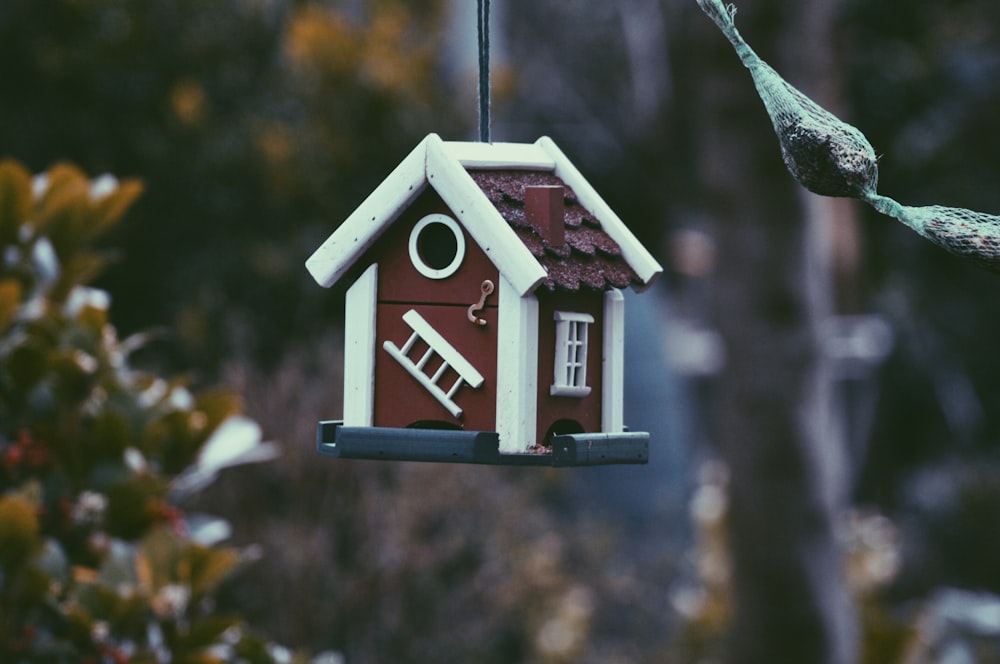Owning a home is a part of the American ideal for many people. Getting a mortgage is just one of the many procedures that most Americans must take to become homeowners.
You’ve come to the perfect place if you’re thinking about buying a property and aren’t sure where to begin. We’ll go over everything you need to know about mortgages, including loan kinds, mortgage jargon, the home-buying process, and more.
A Definition Of A Mortgage
Before we get started, let’s go over some mortgage fundamentals. To begin, what exactly does the term “mortgage” imply?
A mortgage is a sort of loan that can be used to purchase or refinance a home. Mortgages, often known as “mortgage loans,” are a means to purchase a home without having all of the cash upfront.
Who Qualifies For A Mortgage?
The majority of people who purchase a home do so with the help of a mortgages. If you can’t afford to pay for a property outright, you’ll need a mortgage.
There are several instances where having a mortgages on your house makes sense even if you have the funds to pay it off. Mortgages, for example, are frequently used by investors to free up capital for other assets.
You must meet certain eligibility standards to be eligible for the loan. As a result, a person who qualifies for a mortgage will most likely have a steady and consistent income, a debt-to-income ratio of less than 50%, and a good credit score (at least 580 for FHA loans or 620 for conventional loans).
What Is The Difference Between A Mortgages And A Loan?
Any financial transaction in which one party receives a lump sum and agrees to repay the money is referred to as a “loan.”
A mortgage is a sort of financing used to purchase real estate. The term “mortgage” refers to a certain sort of loan, however not all loans are mortgages.
Mortgages are referred to as “secured” loans. A secured loan is one in which the borrower pledges collateral to the lender in the event that they default on their payments. The home is the collateral in the case of a mortgage. If you don’t make your mortgage payments, your lender may foreclose on your home.
What Is A Mortgages Loan And How Does It Work?
Your lender offers you a set amount of money to buy a house when you receive a mortgages. You agree to repay your loan – plus interest – over a number of years. Until the mortgages is paid off, you do not really own the house.
The interest rate is determined by two factors: current market rates and the lender’s willingness to take a risk in lending you money. You may not be able to influence current market rates, but you can influence how the lender perceives you as a borrower. The better your credit score and the fewer red flags on your credit report, the more you’ll appear to be a trustworthy lender. Similarly, the lower your DTI, the more money you’ll have to put toward your mortgage payment. All of this demonstrates to the lender that you are a reduced risk, which will result in a cheaper interest rate for you.



